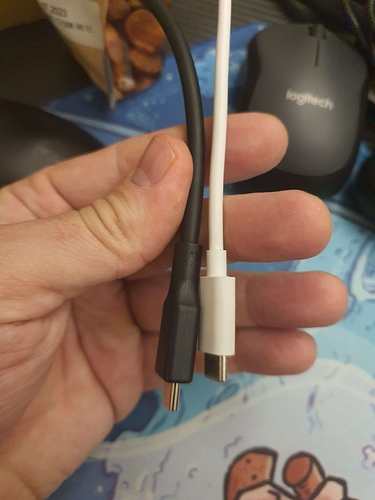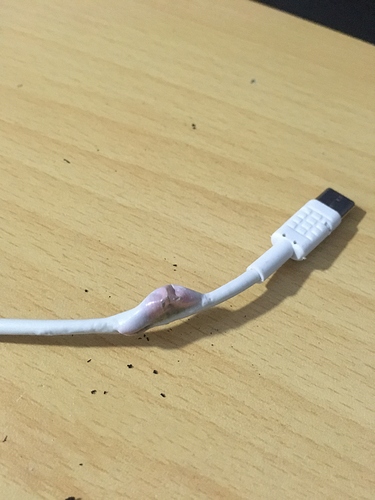Well, I feel like I made some progress. I was able to hook up a serial to USB cable to the UART pins and boot (https://wiki.radxa.com/Rock5/dev/serial-console). Here’s what I saw:
DDR Version V1.08 20220617
LPDDR4X, 2112MHz
channel[0] BW=16 Col=10 Bk=8 CS0 Row=17 CS1 Row=17 CS=2 Die BW=8 Size=4096MB
channel[1] BW=16 Col=10 Bk=8 CS0 Row=17 CS1 Row=17 CS=2 Die BW=8 Size=4096MB
channel[2] BW=16 Col=10 Bk=8 CS0 Row=17 CS1 Row=17 CS=2 Die BW=8 Size=4096MB
channel[3] BW=16 Col=10 Bk=8 CS0 Row=17 CS1 Row=17 CS=2 Die BW=8 Size=4096MB
Manufacturer ID:0x6
CH0 RX Vref:27.7%, TX Vref:23.8%,23.8%
CH1 RX Vref:28.7%, TX Vref:23.8%,23.8%
CH2 RX Vref:29.7%, TX Vref:24.8%,24.8%
CH3 RX Vref:27.7%, TX Vref:23.8%,23.8%
change to F1: 528MHz
change to F2: 1068MHz
change to F3: 1560MHz
change to F0: 2112MHz
out
INFO: Preloader serial: 2
NOTICE: BL31: v2.3():v2.3-405-gb52c2eadd:derrick.huang
NOTICE: BL31: Built : 11:23:47, Aug 15 2022
INFO: spec: 0x1
INFO: ext 32k is not valid
INFO: GICv3 without legacy support detected.
INFO: ARM GICv3 driver initialized in EL3
INFO: system boots from cpu-hwid-0
INFO: idle_st=0x21fdf, pd_st=0x11fff9, repair_st=0xfff70001
INFO: dfs DDR fsp_params[0].freq_mhz= 2112MHz
INFO: dfs DDR fsp_params[1].freq_mhz= 528MHz
INFO: dfs DDR fsp_params[2].freq_mhz= 1068MHz
INFO: dfs DDR fsp_params[3].freq_mhz= 1560MHz
INFO: BL31: Initialising Exception Handling Framework
INFO: BL31: Initializing runtime services
WARNING: No OPTEE provided by BL2 boot loader, Booting device without OPTEE initialization. SMC`s destined for OPTEE will return SMC_UNK
ERROR: Error initializing runtime service opteed_fast
INFO: BL31: Preparing for EL3 exit to normal world
INFO: Entry point address = 0x200000
INFO: SPSR = 0x3c9
Not sure what to make of this. I think this is the debian image (latest).

